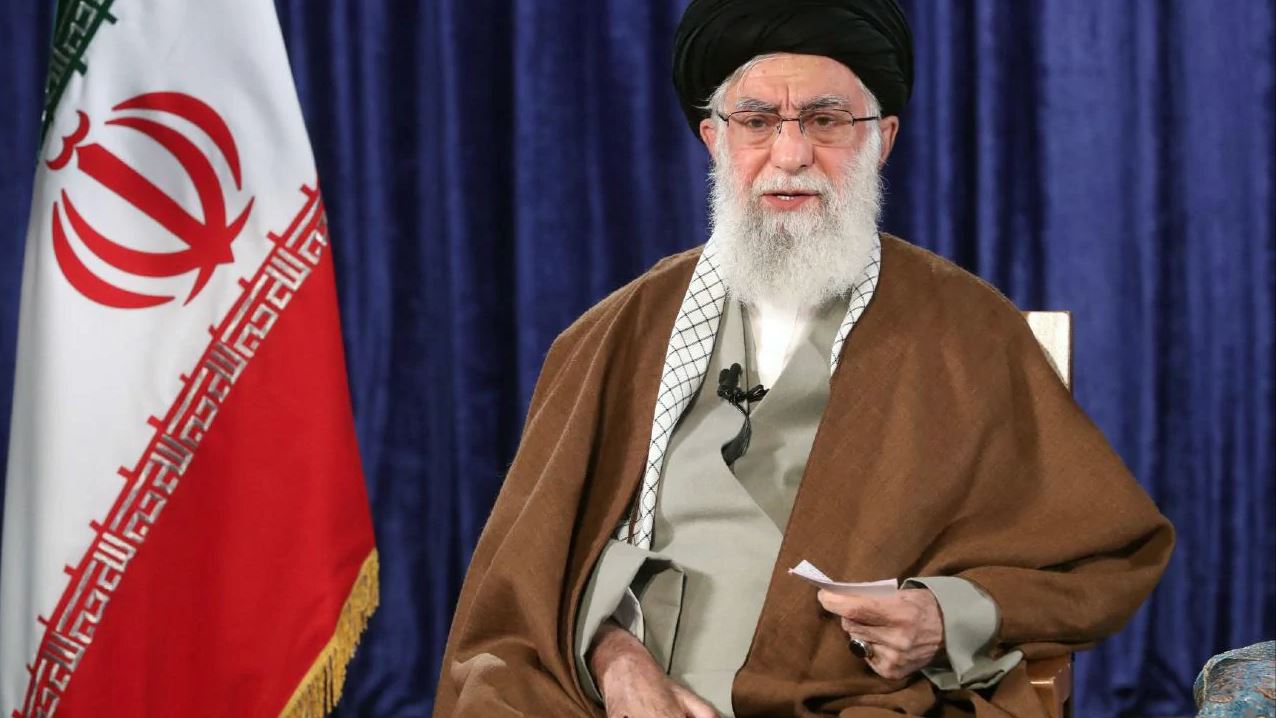Lifting sanctions on Iran during the pandemic could both “ease tensions in the (Middle East) region” and win “favour among the Iranian population”, insisted Lowy Institute research fellow Rodger Shanahan on this page last week. He is wrong on both counts.
Past is precedent. In 1992, the then German foreign minister, Klaus Kinkel, argued the best way to better human rights in Iran and reduce its regional aggression was through “critical dialogue”. It didn’t work. The Iranian government responded by launching an unprecedented terror campaign: assassinations in Berlin just weeks later, a truck bombing of the Jewish community centre in Buenos Aires in 1994, and another targeting an American barracks in Saudi Arabia two years after that.
The theory that easing sanctions and increasing trade would moderate Iran and benefit ordinary Iranians, however, was one that European diplomats refused to abandon. Between 1998 and 2005, European Union trade with Iran almost tripled. Over the same period, the price of oil rose five-fold. That hard currency windfall coincided with Iran’s ballistic missile and then-covert nuclear push.
Nor is there any truth to the belief that increasing trade can bolster the fortunes of Iran’s so-called reformers over its hardliners and benefit ordinary Iranians. In reality, the dichotomy between hardliner-versus-reformer is less real than a deliberate good cop, bad cop strategy.
Read the article by Michael Rubin in The Australian.

